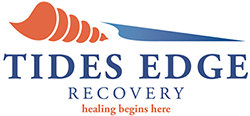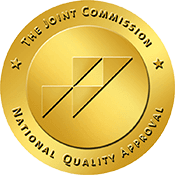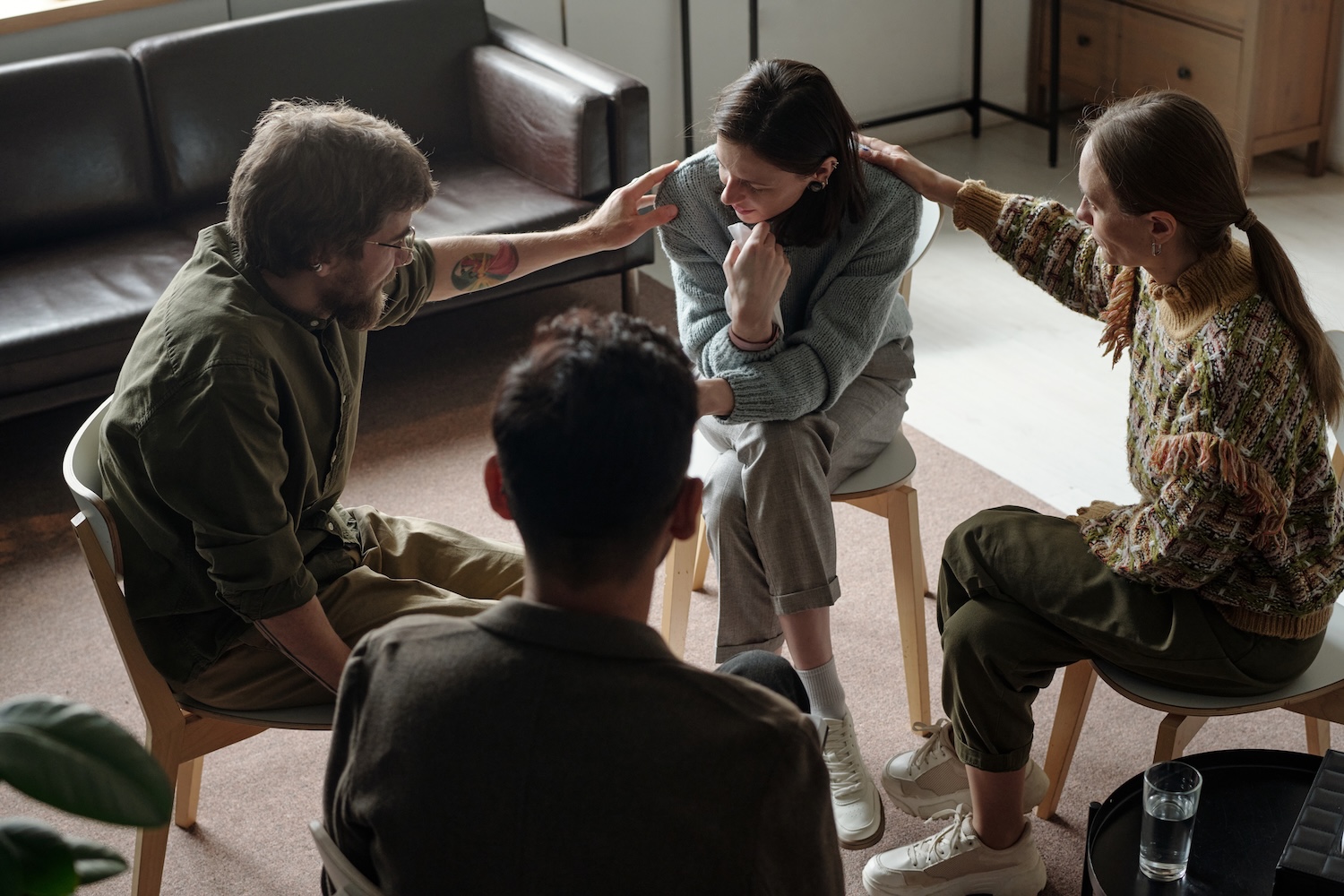Therapy is a core part of safe, effective detox and early recovery. If you are comparing options for addiction treatment in Jacksonville, this guide explains how group work and one‑on‑one sessions support mental health during detox and beyond. We cover what each approach involves, who may benefit, and how Tides Edge Detox in Jacksonville, FL integrates both to support your recovery process.
Why therapy is a core part of addiction recovery
Therapy helps you understand triggers, build coping skills, and plan for high‑risk moments that could lead to relapse. Behavioral therapies teach practical methods to manage cravings, change habits, and strengthen motivation to stay in recovery. National guidance notes that behavioral therapies help people modify thoughts and behaviors related to drugs and alcohol, and they often improve treatment retention, which supports better outcomes.
In detox, talk therapy can reduce anxiety, help you process feelings, and set goals for the next steps of care. Many patients dealing with depression, anxiety disorders, or trauma find that therapy improves mood and self esteem as they stabilize.
At Tides Edge Detox, therapy is integrated during detox to support comfort, safety, and planning for what comes next. While our detox focuses on medical stabilization for substance use, therapy sessions help you prepare for ongoing treatment, such as residential or outpatient care in the Jacksonville area.
What is individual therapy?
Individual therapy is a confidential, one‑on‑one session between you and a licensed therapist. The primary focus is your personal story, your goals, and your pace. This format allows for in‑depth self exploration and tailored strategies that match your needs.
- What happens in a session: You and your therapist review recent challenges, identify patterns, and practice skills for control over cravings and emotions. You might role‑play a high‑risk situation, plan a response, and then reflect on what worked.
- Evidence‑based methods: Clinicians often use cognitive behavioral therapy (CBT) to identify and change unhelpful thoughts and behaviors. These approaches are used widely in substance abuse treatment, and they can help with co‑occurring disorders like depression, panic disorders, or bipolar disorder. The Mayo Clinic overview of psychotherapy offers a clear description of common therapy methods and benefits.
- Who may benefit most: Individual work is helpful for patients dealing with personal trauma, severe anxiety, or complicated family dynamics. It is also a good fit if you prefer privacy, have concerns about sharing in a group, or want targeted work on sensitive topics.
What is group therapy?
Group therapy is a therapist‑led discussion where several participants meet to learn, practice skills, and support each other. Groups create a safe environment where group members share experiences, reduce isolation, and build communication skills that are essential in real‑world recovery. Research‑based guidance for substance abuse treatment shows that groups can increase engagement, provide feedback from other group members, and reinforce healthy behaviors.
What makes group therapy helpful:
- Shared experiences encourage empathy and accountability. Hearing from members who faced similar experiences can spark hope.
- Practice time improves communication skills, boundaries, and conflict resolution.
- The group format lets participants try new coping methods in the moment, and then get real‑time feedback.
Common group topics include managing cravings, planning for weekends, handling anxiety, rebuilding self-esteem, and strengthening support systems with family and friends. Groups can meet in person, and they are often part of daily programming during detox so people can learn together.
Comparing group vs. individual therapy in addiction treatment
Both formats help people with substance use disrupt old patterns and build healthier ones. The best fit depends on your goals, comfort with social interaction, and where you are in the recovery process.
Side‑by‑side comparison
| Feature | Individual therapy | Group therapy |
| Primary focus | Personal history, tailored goals, confidential feedback | Shared healing, community support, learning from others |
| Best for | Sensitive topics, trauma, co‑occurring disorders | Practicing skills with peers, reducing isolation, building confidence |
| Advantages | Privacy, deeper exploration, flexible pacing | Multiple perspectives, peer accountability, real‑time practice |
| Potential drawbacks | Less exposure to diverse viewpoints, fewer role‑plays | Less privacy, time shared among group members |
| Skills emphasized | Customized coping skills, relapse planning, values work | Communication skills, boundary setting, problem solving with peers |
Clinicians often recommend individual and group therapy together, since each offers unique benefits. The main goal is to match the format to your needs so you can build momentum toward lasting recovery.
The Tides Edge Detox approach to comprehensive therapy
At Tides Edge Detox in Jacksonville, FL, therapy is woven into medical detox so you can begin healing while your body stabilizes from alcohol or drugs. During your stay, therapists focus on education, coping strategies, and planning for the next level of care. This integrated approach supports the therapeutic process and helps you leave detox with a clear plan and supportive habits. Here’s what you get:
- Customized planning: Your team works with you to outline treatment next steps that fit your goals, whether that includes intensive outpatient programming, support groups, or follow‑up counseling. When appropriate, education for family is included to strengthen home support, and referrals for family therapy can be discussed for care after detox.
- Team‑based care: Licensed therapists collaborate with medical staff and other professional caregivers. Depending on the plan, your care team may include a social worker who helps with community resources and practical needs.
- Balanced supports: Sessions can take place in person during detox, where you will practice simple skills for stress management that you can take home. The approach emphasizes safety, respect, and consistent follow‑through.
Explore how therapy fits within our detox programming on our detox therapy services page. You can also learn more about our values and team.
Have questions now? Call 866‑734‑7040 or review our overview of addiction treatment in Jacksonville to see how care begins and continues after detox.
Group and individual therapy: next steps in Jacksonville, FL
If you are seeking help near the coast or across Duval County, our team provides in-person support during detox and can connect you with appropriate follow‑up care. Call 866‑734‑7040 to talk now, or read more about detox therapy services to see how Tides Edge prepares you for lasting recovery.
FAQs about therapy in addiction treatment
What is the difference between group therapy and individual therapy?
Individual work is one‑to‑one with a therapist and focuses on your personal goals, while group sessions use shared experiences and peer feedback to build skills and confidence.
What are the advantages and disadvantages of group therapy?
Benefits include peer support, reduced isolation, and chances to practice communication, while challenges include less privacy and time shared among participants.
Which type of therapy is best for addiction?
There is no single best option for addiction, and many patients respond well to a combination of formats tailored to their needs in addiction treatment in Jacksonville.









